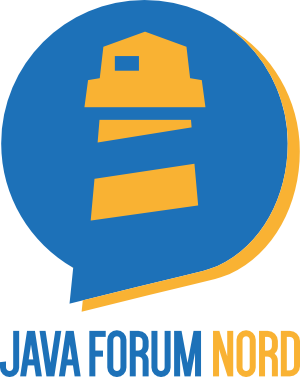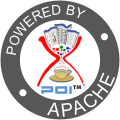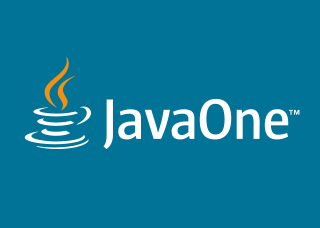Apache Shiro part 2 – securing a JSF Java EE 7 application

In the first part I described why I chose Apache Shiro as an Authentication framework. In this part I will describe the simplest working solution to secure a Java EE7 application with JSF/Primefaces frontend. To be honest I wont use much of Primefaces in this sample but the application for which I did this research uses it so I added the dependency here and added an Primefaces component to this demo project.
Bootstrapping
I created an empty Java EE project via maven and added the needed Shiro dependencies as well as the Primefaces dependency to
the pom file.
<project xmlns="http://maven.apache.org/POM/4.0.0" xmlns:xsi="http://www.w3.org/2001/XMLSchema-instance"
xsi:schemaLocation="http://maven.apache.org/POM/4.0.0 http://maven.apache.org/xsd/maven-4.0.0.xsd">
<modelVersion>4.0.0</modelVersion>
<groupId>de.are_you_ready</groupId>
<artifactId>shirotest</artifactId>
<version>1.0-SNAPSHOT</version>
<packaging>war</packaging>
<properties>
<maven.compiler.source>1.8</maven.compiler.source>
<maven.compiler.target>1.8</maven.compiler.target>
<failOnMissingWebXml>false</failOnMissingWebXml>
<apache-shiro.version>1.3.2</apache-shiro.version>
<primefaces.version>6.0</primefaces.version>
<junit.version>4.12</junit.version>
</properties>
<dependencies>
<dependency>
<groupId>javax</groupId>
<artifactId>javaee-api</artifactId>
<version>7.0</version>
<scope>provided</scope>
</dependency>
<!-- Security -->
<dependency>
<groupId>org.apache.shiro</groupId>
<artifactId>shiro-core</artifactId>
<version>${apache-shiro.version}</version>
</dependency>
<dependency>
<groupId>org.apache.shiro</groupId>
<artifactId>shiro-web</artifactId>
<version>${apache-shiro.version}</version>
</dependency>
<dependency>
<groupId>org.apache.shiro</groupId>
<artifactId>shiro-ehcache</artifactId>
<version>${apache-shiro.version}</version>
</dependency>
<!-- PrimeFaces -->
<dependency>
<groupId>org.primefaces</groupId>
<artifactId>primefaces</artifactId>
<version>${primefaces.version}</version>
</dependency>
<!-- Testing -->
<dependency>
<groupId>junit</groupId>
<artifactId>junit</artifactId>
<version>${junit.version}</version>
<scope>test</scope>
</dependency>
<!-- Logging -->
<dependency>
<groupId>log4j</groupId>
<artifactId>log4j</artifactId>
<version>1.2.17</version>
</dependency>
</dependencies>
<build>
<finalName>shirotest</finalName>
</build>
</project>


 If you are interested in the JavaOne talks but couldn’t make it to San Francisco there is already a
If you are interested in the JavaOne talks but couldn’t make it to San Francisco there is already a